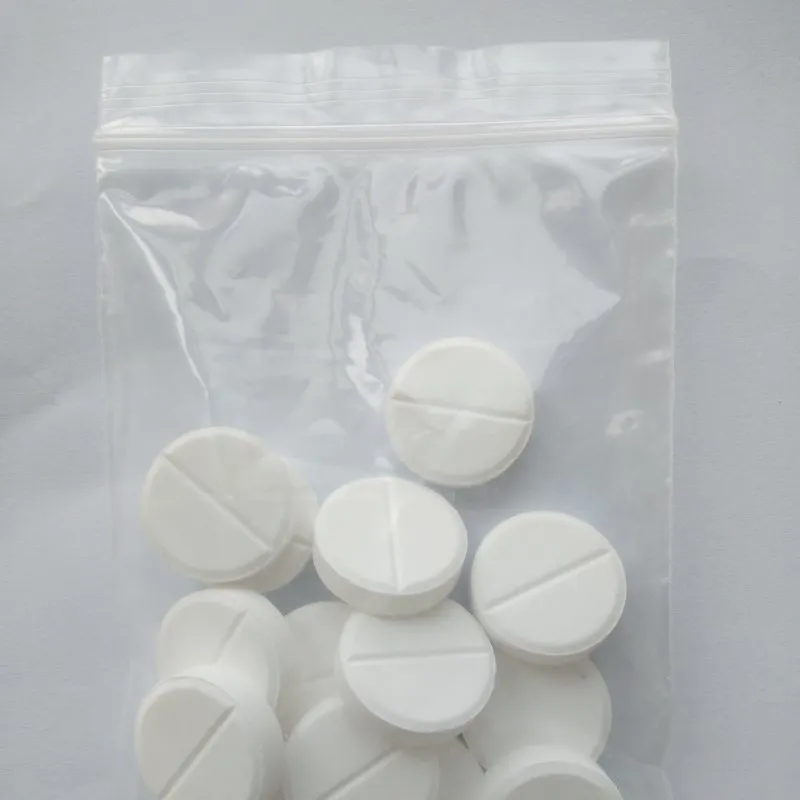



standardized naoh
Understanding Standardized NaOH Importance and Applications
Sodium hydroxide (NaOH), commonly known as lye or caustic soda, is a highly versatile and widely used chemical in various industries. One of the critical aspects of working with NaOH is its standardization, which ensures accurate and reliable results in analytical applications. In this article, we will explore the concept of standardized NaOH, its significance, and its applications in different fields.
Understanding Standardized NaOH Importance and Applications
The process of standardizing NaOH typically involves titration against a primary standard—a highly pure substance whose exact concentration is known. Common primary standards used for this purpose include potassium hydrogen phthalate (KHP) and sodium carbonate (Na2CO3). By performing a titration, chemists can establish the concentration of the NaOH solution, allowing for accurate calculations in various chemical reactions.
standardized naoh

The significance of standardized NaOH cannot be overstated. In laboratories, it serves as a fundamental reagent in titrations to determine the concentration of acids and bases. For instance, in acid-base titrations, a precise concentration of NaOH is crucial for achieving accurate endpoint readings, which are essential for determining the unknown concentration of a sample. This application is vital in fields such as pharmaceuticals, environmental testing, and food chemistry, where maintaining correct pH levels is necessary for product quality and safety.
Moreover, in industrial applications, standardized NaOH plays a critical role in processes such as saponification, where fats are converted into soaps, and in the production of biodiesel. Its ability to react with various compounds makes it invaluable in chemical manufacturing and waste treatment. In the paper industry, NaOH is used in pulping and bleaching processes, while in the textile industry, it helps in dyeing and processing fabrics.
In summary, standardized NaOH is an essential chemical that underpins a wide range of scientific and industrial processes. Its accurate concentration ensures reliable outcomes in analytical chemistry, making it indispensable for quality control and research applications. As industries continue to evolve, the significance of standardized NaOH in maintaining efficiency and safety in chemical processes will remain ever relevant. Understanding its role and proper handling practices is crucial for anyone working in related fields.
-
Leading Washing Powder OEM Brands | Custom Private Label DetergentNewsSep.01,2025
-
High-Purity Strontium Chloride (SrCl2) for Lab & IndustryNewsAug.31,2025
-
Anhydrous Formic Acid 80% 85% 94% - High Purity SolutionsNewsAug.30,2025
-
Accurate Fire Assay Flux for Gold & Silver Ore AnalysisNewsAug.29,2025
-
Advanced Paint Chem Solutions: Quality Chemicals for CoatingsNewsAug.28,2025
-
Potassium Nitrate: The Ultimate Fertilizer for Agriculture and GardeningNewsAug.25,2025
-
Potasium Persulphate: A Versatile Chemical for Industrial ApplicationsNewsAug.25,2025










